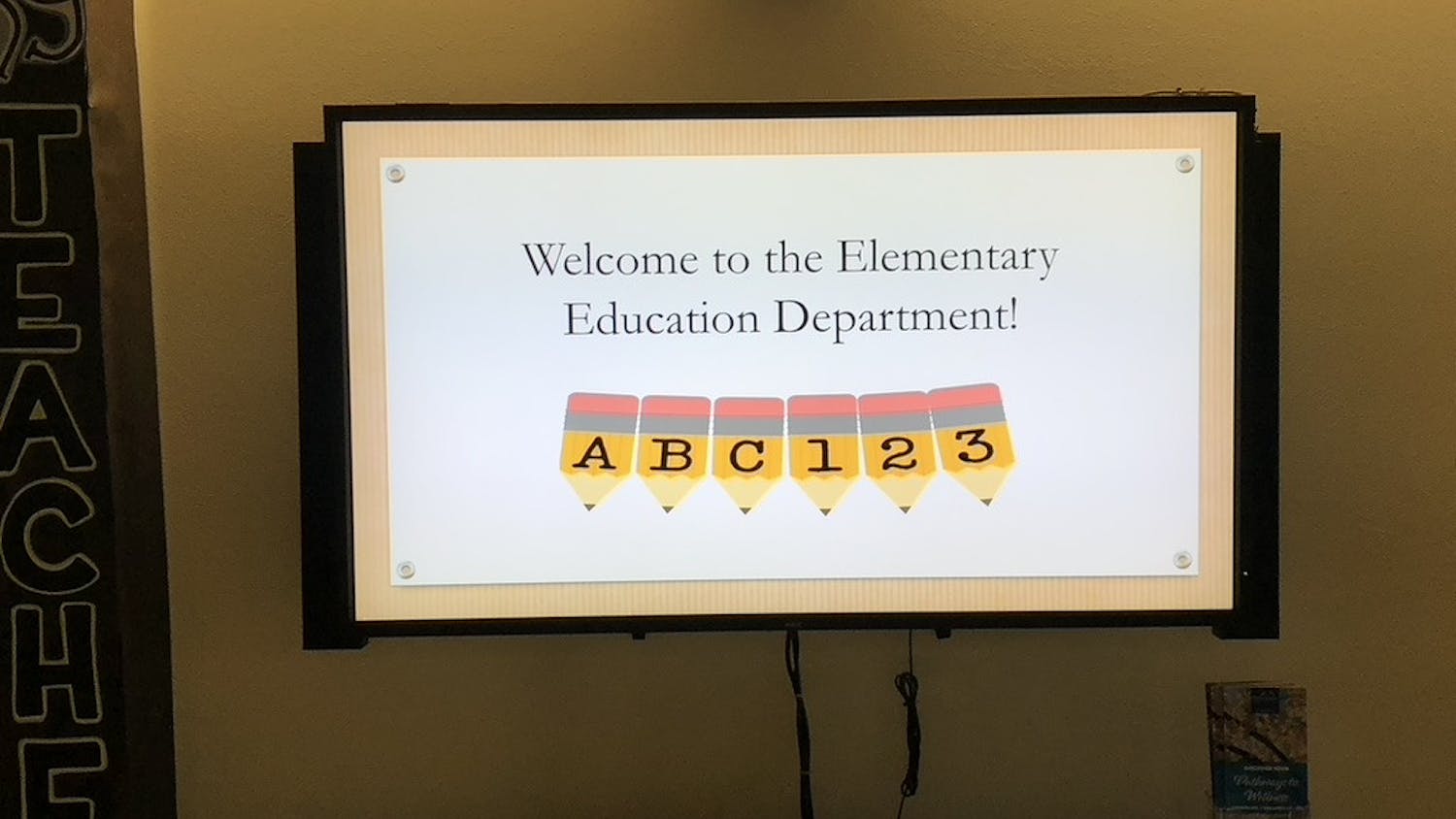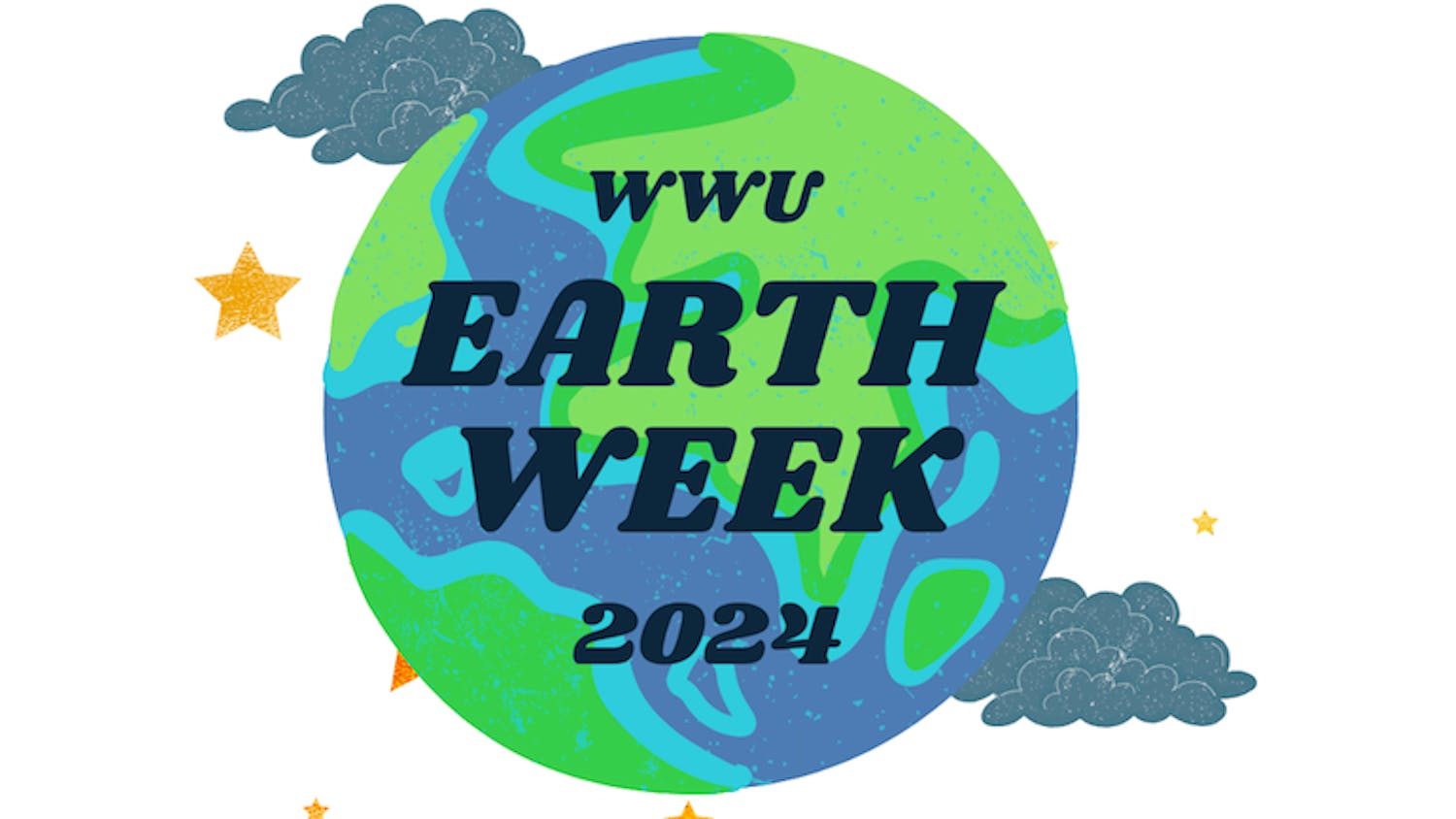Students and faculty have made an ongoing effort to create a disability studies program at Western.
Several Western students and faculty members have pushed for the creation of the program over the last couple years, said Benjamin Weimer, a fourth-year political science student at Western.
“Unlike other Washington schools right now, like [the] University of Washington and Central Washington University, we don’t have a disability studies program,” Weimer said. Weimer has been involved in the efforts since spring quarter of last year.
Weimer said the disability studies program would look at how disability interacts with society as a whole, and what it’s like to be disabled in society. Which is not to be confused with Western’s Special Education program, he said.
One reason why this program is necessary is because Western has a lot of accessibility concerns, Weimer said. For example, Bond Hall was constructed long enough ago that it was not made with the Americans with Disabilities Act in mind, Weimer said.
The disability studies program would, in part, help to raise awareness and increase people’s understanding of the types of interactions that happen between people with disabilities and the society they live in.
“The biggest truth is that most people don’t think about disability — or disability studies — until it enters their life,” Weimer said. “When you start thinking about it, it’s so easy to see all the different ways that disability interacts with society.”
Another goal the program hopes to accomplish is improving how faculty and staff at Western interact with people who have disabilities.
Allie Johnson, the community engagement coordinator of the Disability Outreach Center, said she once introduced herself to a professor and informed him that she had a disability. The professor responded by asking if she could hear and understand him, which Johnson found offensive.
“Some of them really do have good intentions, but just have no idea what to do to be helpful,” said Charlotta Abernathy, a student involved with the Disability Outreach Center.
Abernathy and Johnson suggested that faculty and staff need more support in order to support students appropriately.
“Imagine how good they could be if they just had some training,” said Bucky Bonifazi, educational programing coordinator for the Disability Outreach Center. The Disability Outreach Center hopes the disability studies program can improve some of these issues.
Weimer said he is trying to create more cohesion between the students working on the project and Western faculty and staff involved, with the goal of creating a more constant push to complete the development of the program.
“This is something that people have wanted for a long time,” Weimer said.
One of the main obstacles is creating classes for the program. There are approximately five classes at Western that could potentially fit into the program. The current plans are to create a minor, which would be “pretty interdisciplinary,” Weimer said. This would be accomplished by combining classes that already exist at Western and hopefully creating more.
The program might include classes such as accessible design, computer science and accessibility, and a politics of disability class, he said.
“The creation of this program is limited in time by how quickly we can create new classes here at Western,” Weimer said.
The process of creating new classes takes long enough that students come and go, and is complicated by trying to get multiple professors to do it simultaneously, Bonifazi said. This process involves not only creating new classes, but testing them out for a quarter or more.
Students tend to work on the program for a year or so, then graduate and move onto other things.
“This leads to a ‘two steps forward, one step back’ kind of thing, and work will sort of stagnate on the project,” Weimer said.
“A totally accessible society doesn’t really have disability in it,” Weimer said. “If every door has a push button on it, then there is no longer a disability associated with not being able to open a door.”





